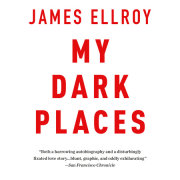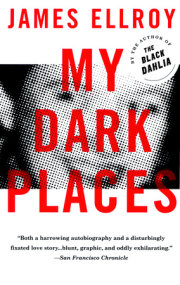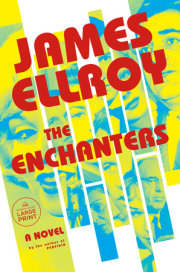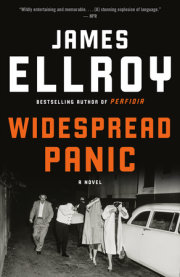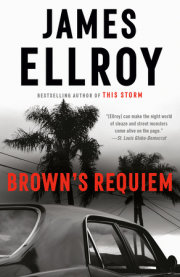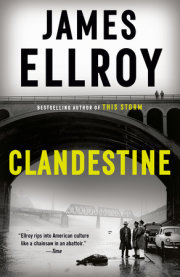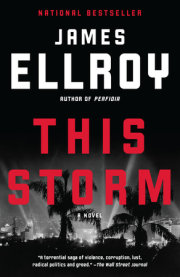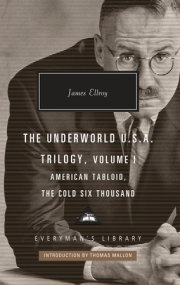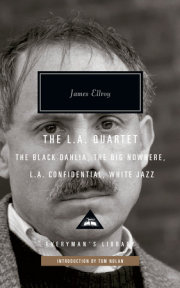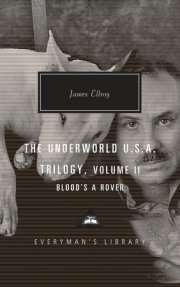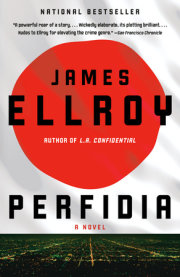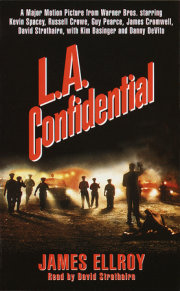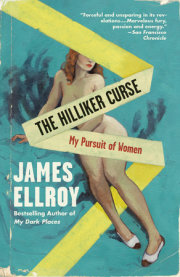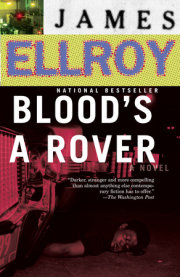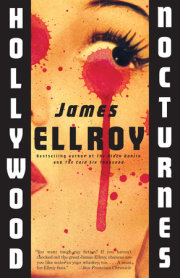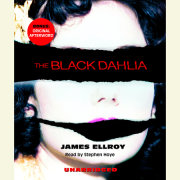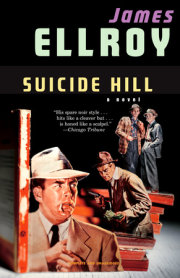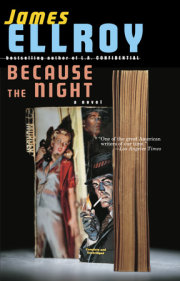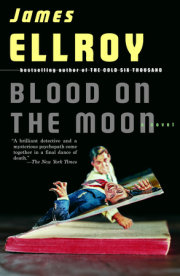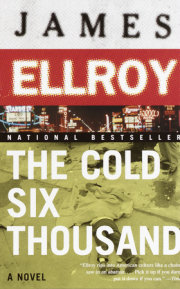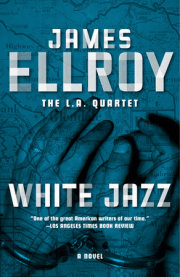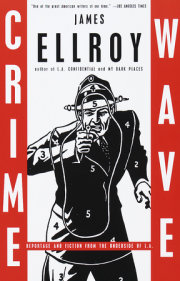My father put me in a cab at the El Monte depot. He paid the driver and told him to drop me at Bryant and Maple.
I didn't want to go back. I didn't want to leave my father. I wanted to blow off El Monte forever.
It was hot--maybe ten degrees more than L.A. The driver took Tyler north to Bryant and cut east. He turned on Maple and stopped the cab.
I saw police cars and official-type sedans parked at the curb. I saw uniformed men and men in suits standing in my front yard.
I knew she was dead. This is not a revised memory or a retrospective hunch. I knew it in the moment--at age ten--on Sunday, June 22nd, 1958.
I walked into the yard. Somebody said, "There's the boy." I saw Mr. and Mrs. Krycki standing by their back door.
A man took me aside and kneeled down to my level. He said, "Son, your mother's been killed."
I knew he meant "murdered." I probably trembled or shuddered or weaved a little bit.
The man asked me where my father was. I told him he was back at the bus station. A half-dozen men crowded around me. They leaned on their knees and checked me out up-close.
They saw one lucky kid.
A cop split for the bus station. A man with a camera walked me back to Mr. Krycki's toolshed.
He put an awl in my hand and posed me at a workbench. I held on to a small block of wood and pretended to saw at it. I faced the camera-- and did not blink or smile or cry or betray my internal equilibrium.
The photographer stood in a doorway. The cops stood behind him. I had a rapt audience.
The photographer shot some film and urged me to improvise. I hunched over the wood and sawed at it with a half-smile/ half-grimace. The cops laughed. I laughed. Flashbulbs popped.
. All rights reserved. No part of this excerpt may be reproduced or reprinted without permission in writing from the publisher.



